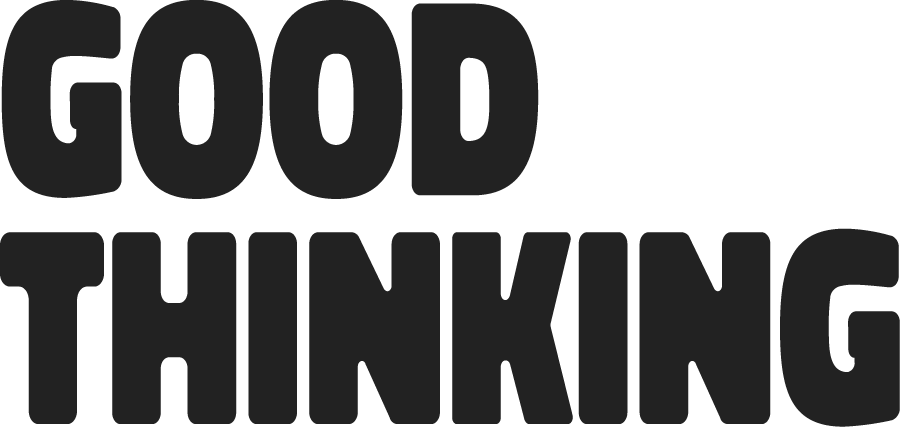What Skills Will We Need in 2030? A Strategic Look at the Future of Work
The year 2030 may sound like a distant future but it's only five years away. And according to the World Economic Forum’s Future of Jobs Report, the shape of our workforce is already being redrawn. So the real question is: are we ready?
In this episode of The Strategic Leader, we dove into what employers across the globe believe will be the most critical skills for the years ahead. The answers may surprise you, especially if you're still prioritising technical expertise over human centred capabilities.
Beyond AI: The Real Game Changers
Let’s get the obvious one out of the way: AI and big data. No shocker there. It’s currently seen as a core skill by 45% of employers, but by 2030, that figure is projected to nearly double. Technological literacy, too, is on the rise.
But here’s where it gets interesting.
When you dig deeper into the data, what emerges is a powerful insight: the skills that are gaining ground aren’t just technical. They're deeply human.
We're talking about:
Resilience, flexibility and agility
Curiosity and lifelong learning
Analytical and systems thinking
Leadership and social influence
Motivation and self awareness
These aren't “soft skills.” As we discussed on the podcast, they're hard. Hard to teach. Hard to measure. But utterly vital for navigating a volatile, uncertain, complex, and ambiguous (VUCA) world.
Why These Skills Matter
The world of work is being shaped by relentless change: demographic shifts, the green transition, economic uncertainty, and rapid technological advancement. In a world like that, the ability to adapt, stay curious, and lead through uncertainty isn’t a “nice to have” — it’s a must.
Take resilience, for instance. Too often it’s siloed as part of wellbeing initiatives, when in reality, it should be seen as a core leadership competency. True resilience is about viewing failure as a learning opportunity, embracing experimentation, and bouncing back stronger. That mindset shift is foundational for any future ready team.
Similarly, curiosity, often underrated, is at the heart of innovation, collaboration and strategic thinking. Asking the right questions, not just knowing the right answers, will be the hallmark of tomorrow’s most effective leaders.
The T Shaped Professional
Another standout theme is the growing value of breadth. It's no longer enough to be a deep expert in your field. The future belongs to the T shaped professional, someone with deep knowledge in one area, but the curiosity and flexibility to connect across disciplines. That’s how strategic leaders “join the dots” and drive value in an interconnected world.
What Can You Do Today?
Whether you're an HR leader, team manager, or individual contributor, the implications are clear:
For HR: Start recruiting for these core behavioural competencies. Rethink training strategies to prioritise self efficacy and emotional intelligence.
For team leaders: Create space for reflection, experimentation, and cross functional collaboration. Prioritise growth mindsets over fixed skillsets.
For individuals: Get curious. Ask questions. Embrace discomfort. The best way to future proof your career is to lean into learning, not avoid it.
As the report shows, these human centred skills will increasingly outshine even some of today’s most valued technical abilities. And while AI might help us find answers faster, our unique value as humans lies in asking better questions and having the resilience to explore the answers.
Final Thought
If you do one thing after reading this, we recommend taking a look at the Future of Jobs Report (page 41 is especially enlightening). Then, ask yourself: how are you building these future skills in yourself, your team, or your organisation?
The future isn’t something to predict. It’s something to prepare for. And now’s the time to start.
Listen to the full episode here
